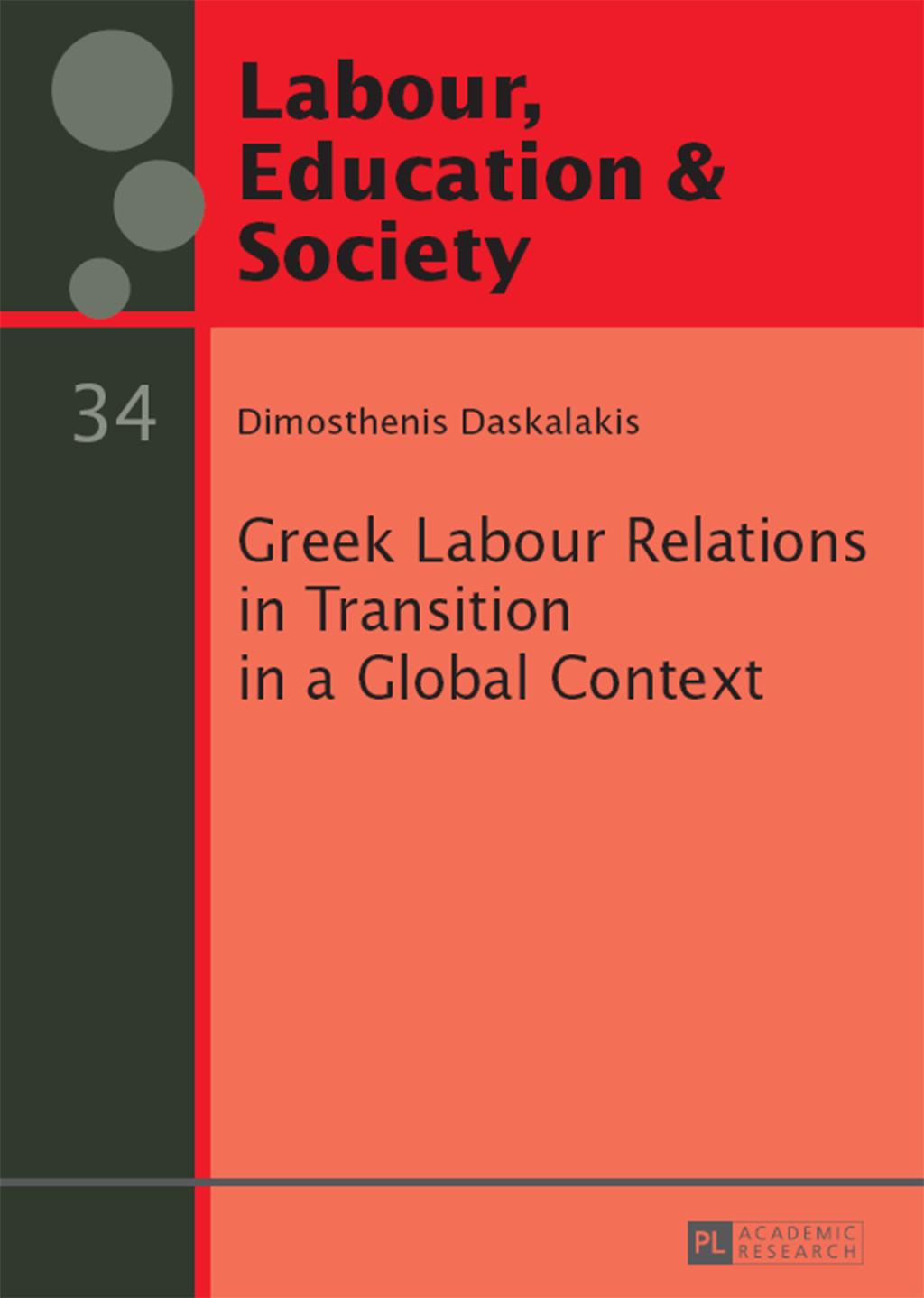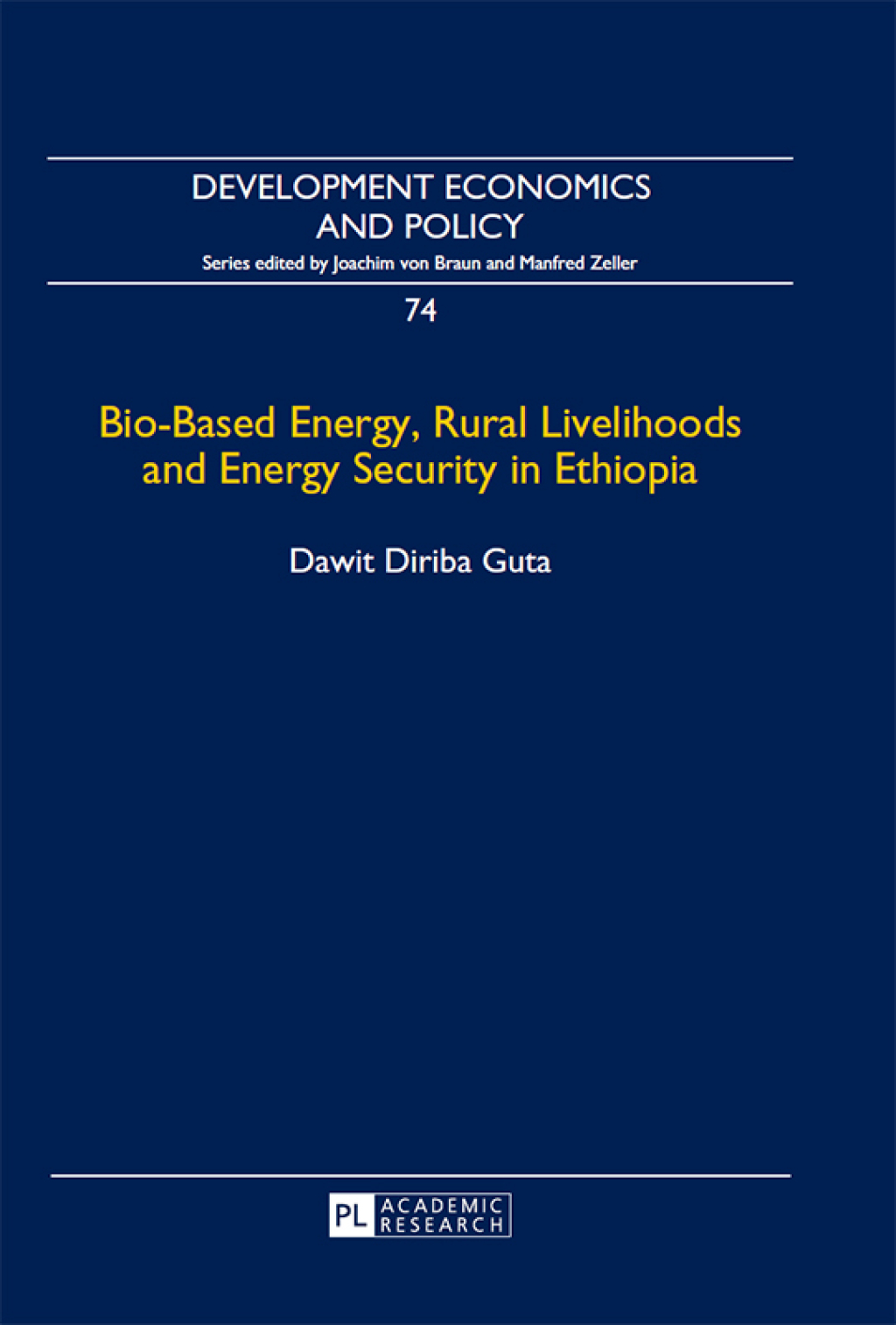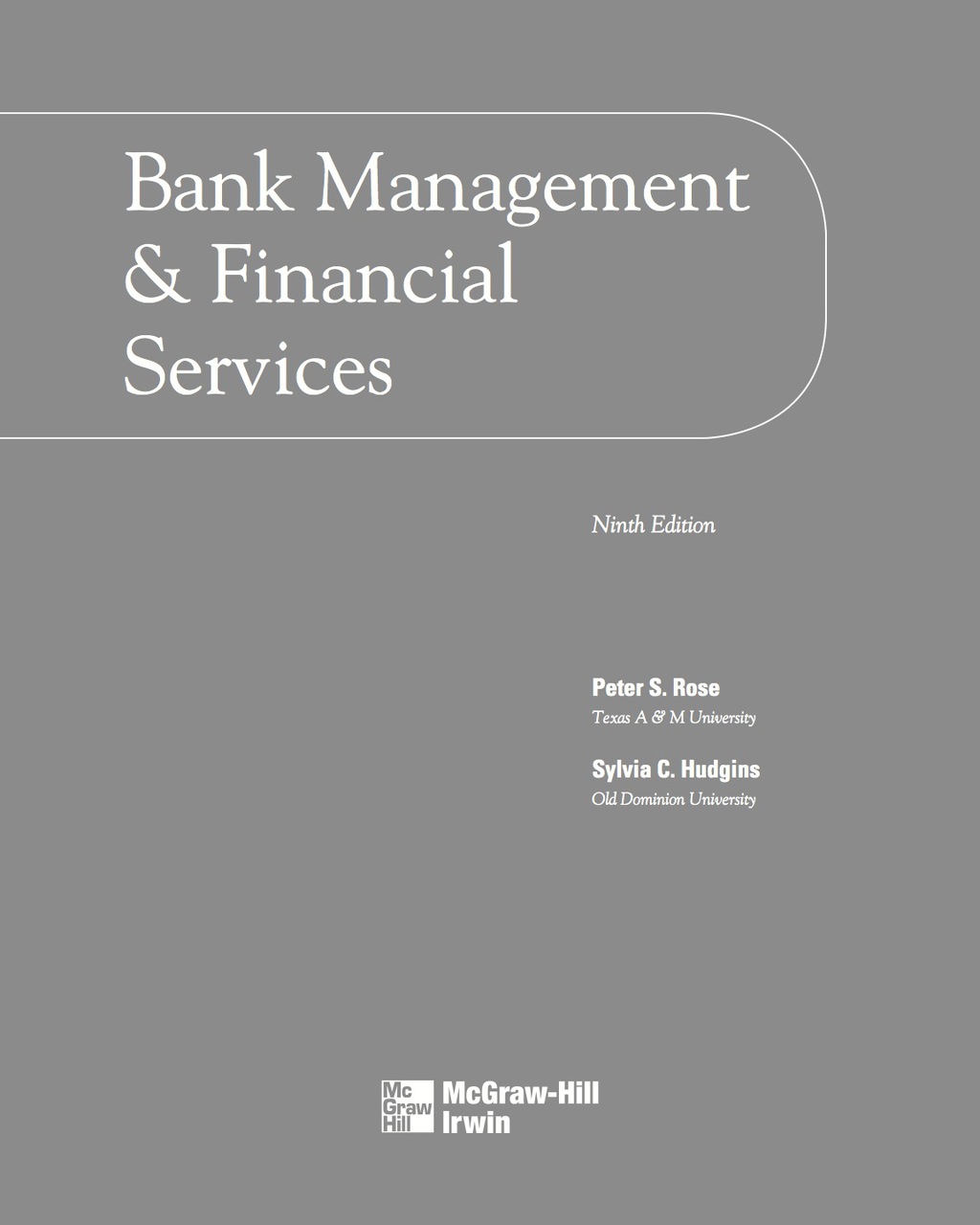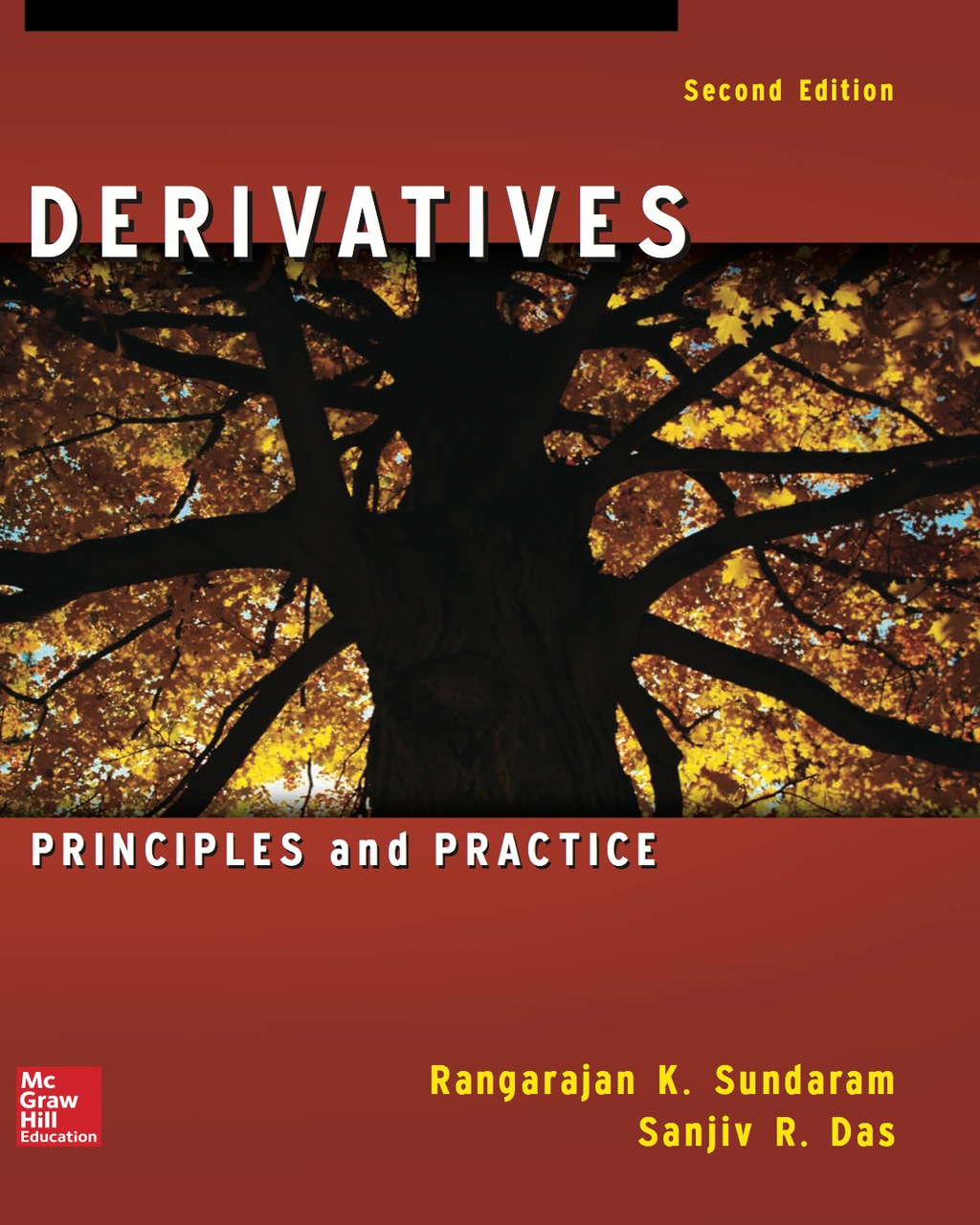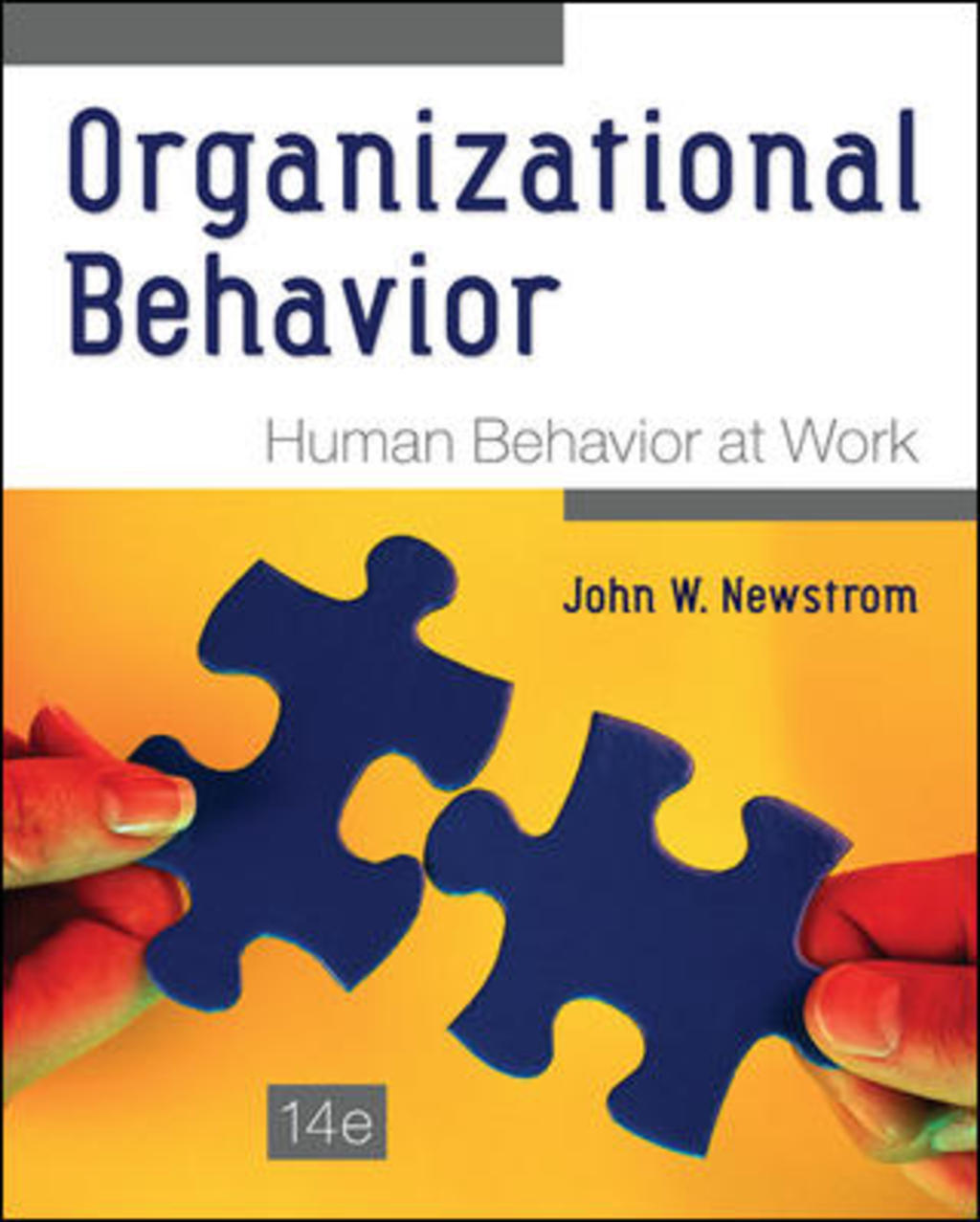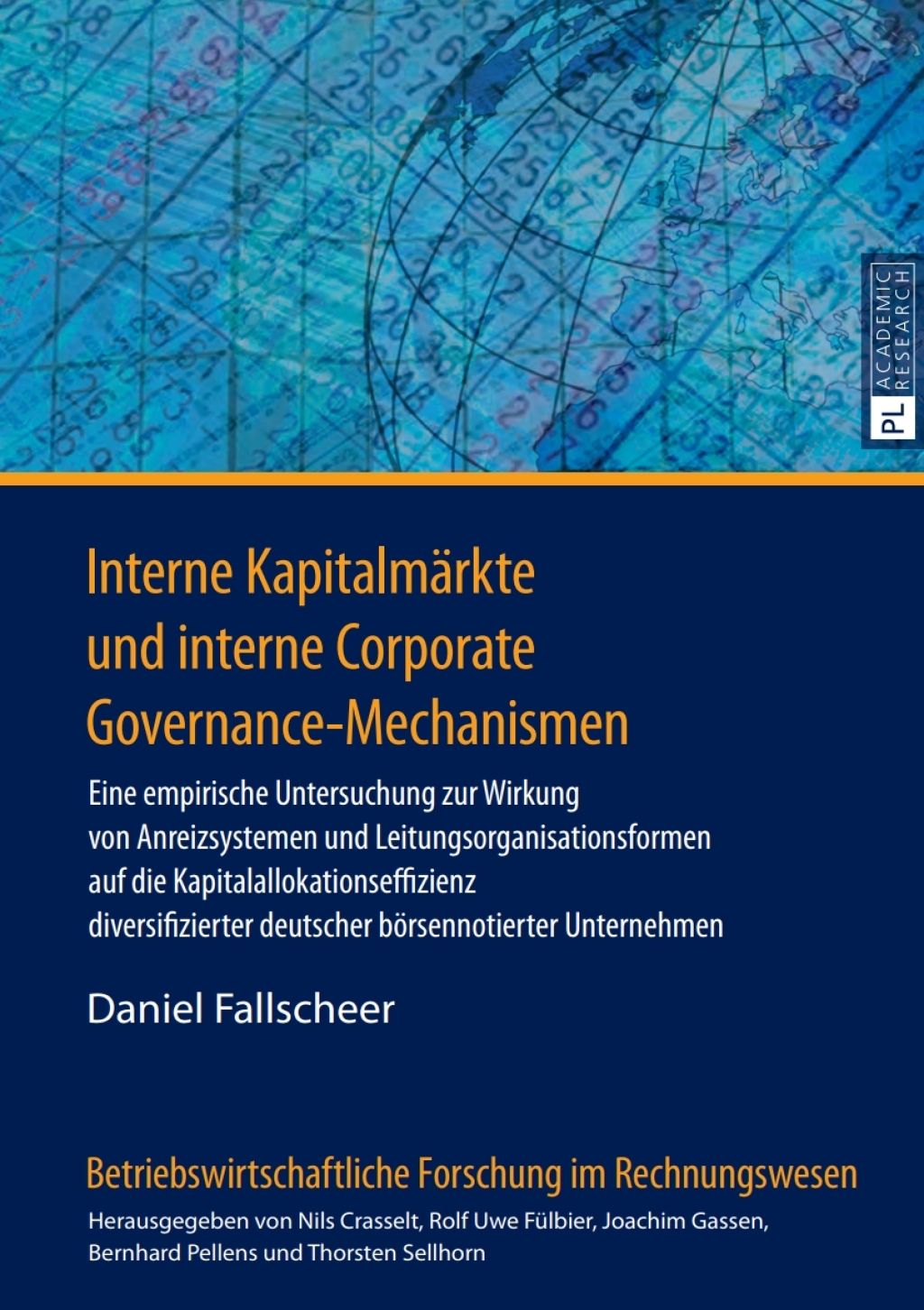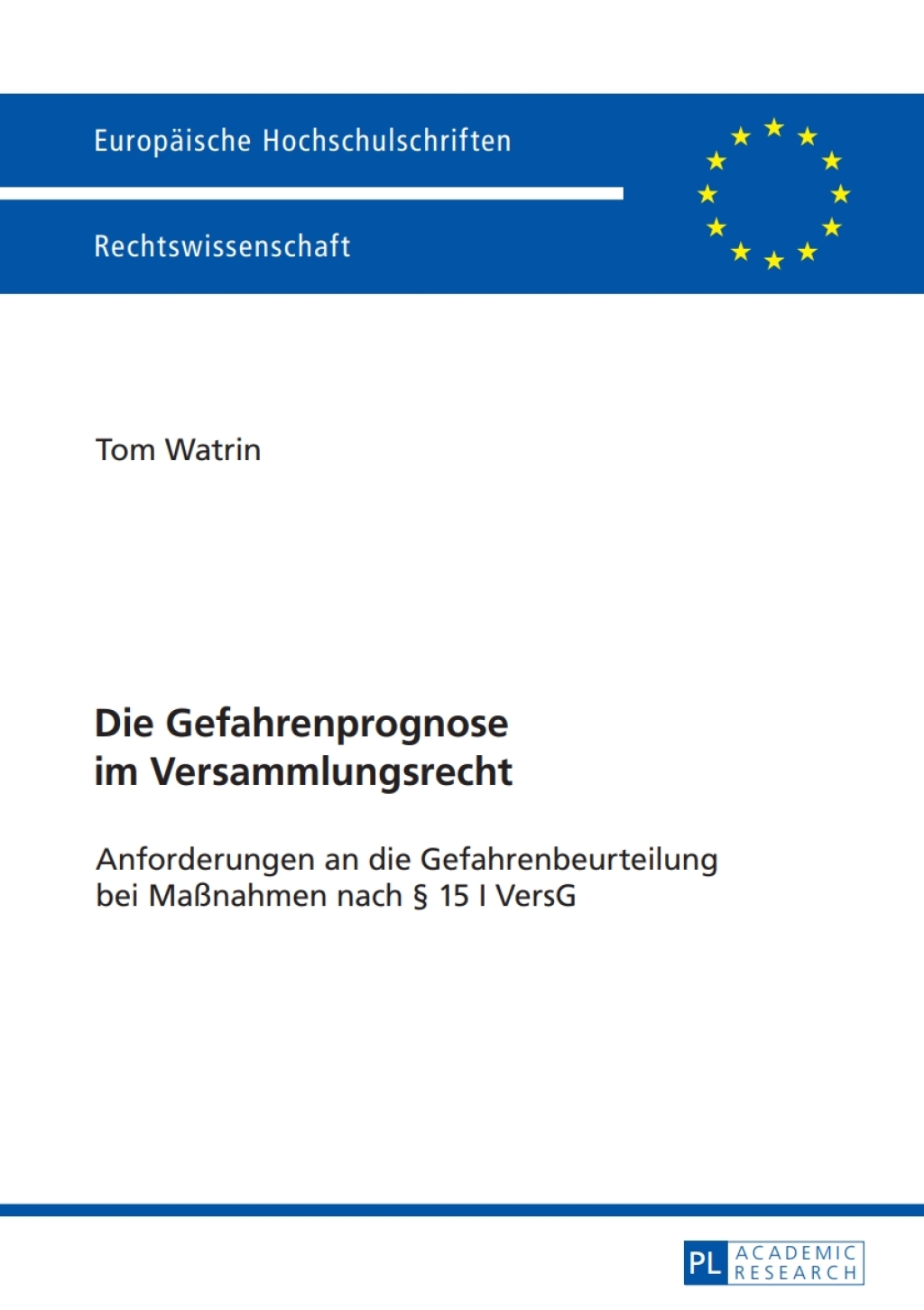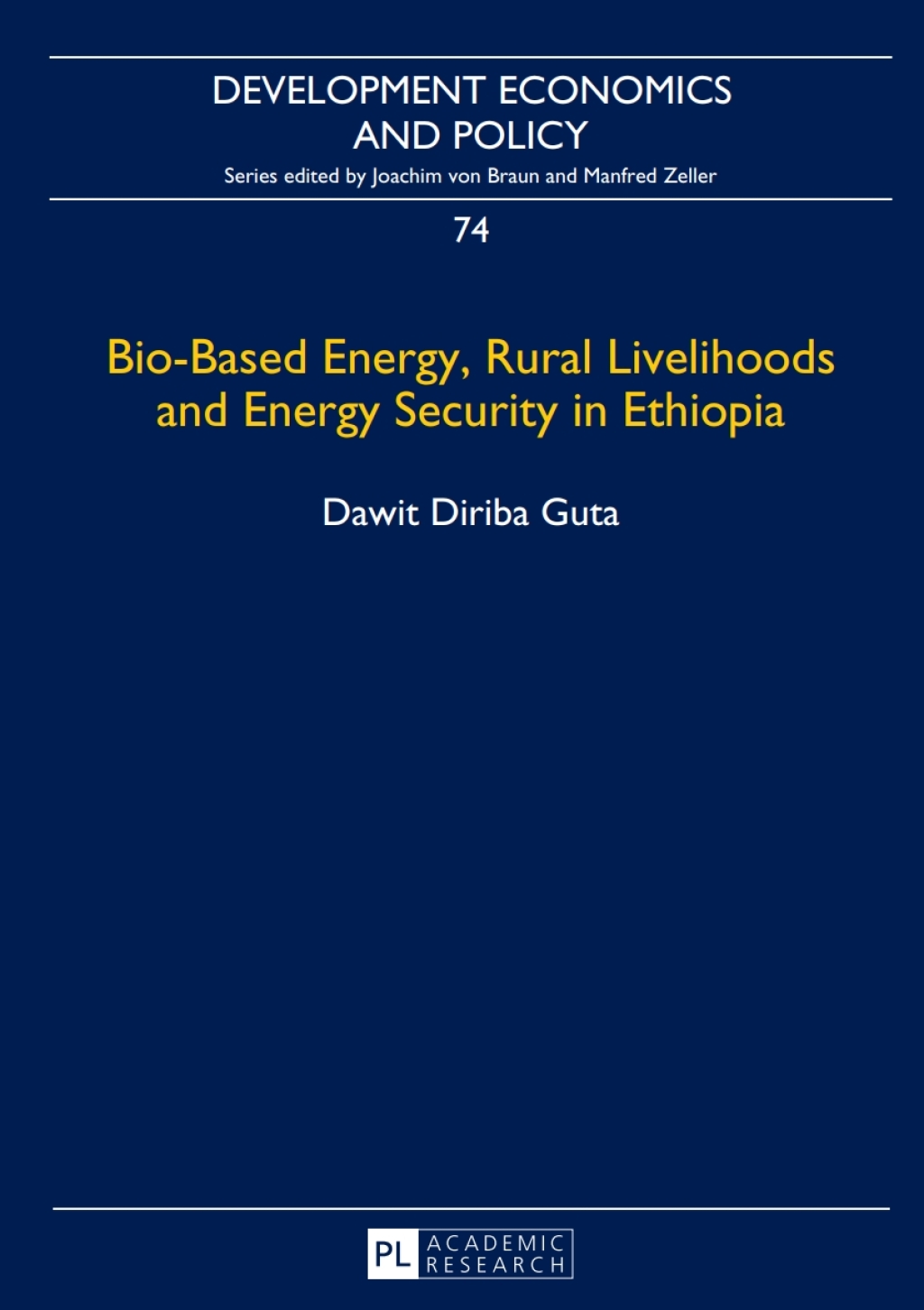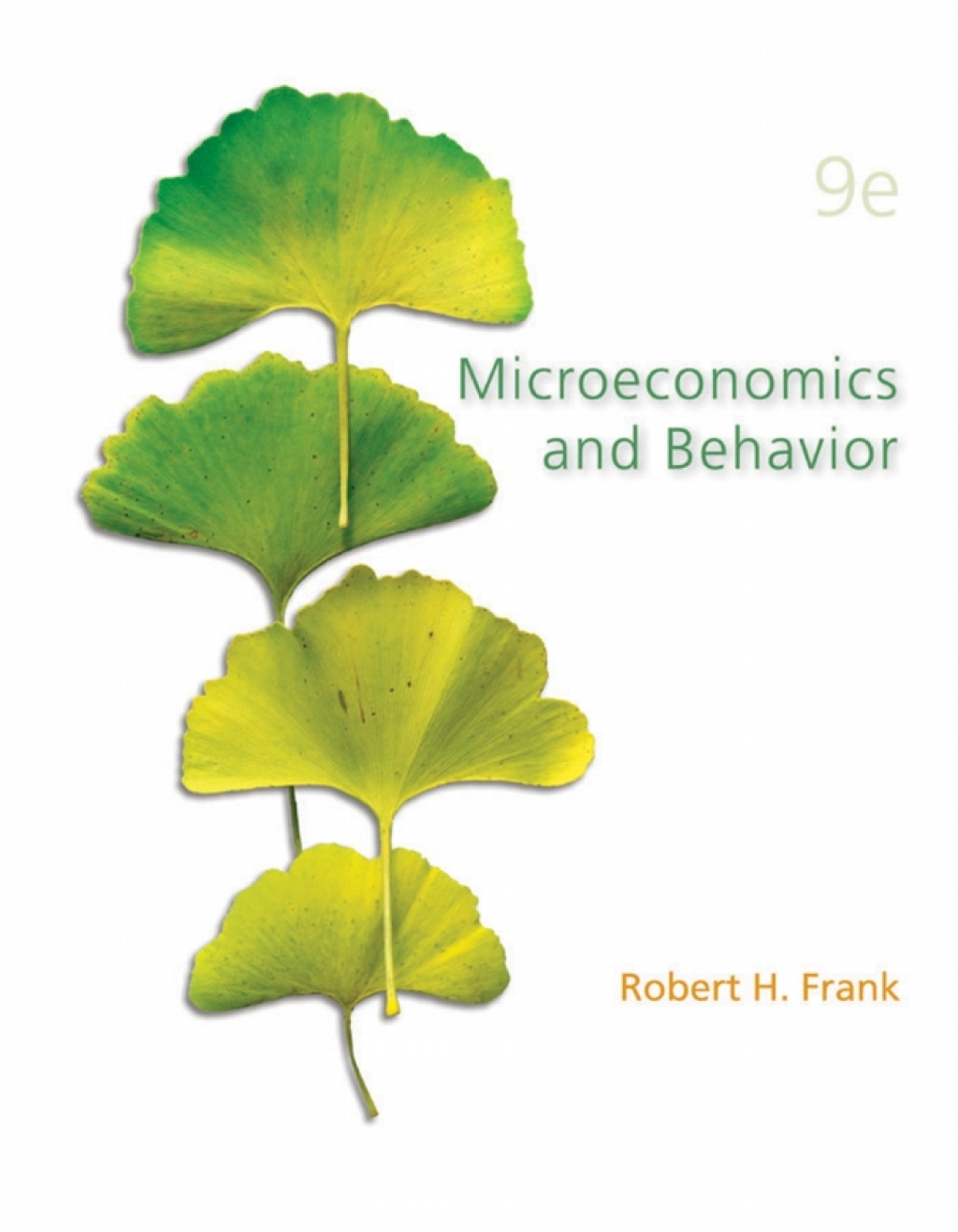Description
This study explores issues of biomass energy use in relation to household welfare and it assesses Ethiopia’s future energy security with a focus on long-term model of the energy sector, and institutional arrangements required for decentralized energy initiatives. Data from Ethiopian rural households reveal negative welfare effects associated with traditional biomass energy utilization, while increases in the opportunity cost of fuelwood collection is associated negatively with allocation of labour to agriculture and fuelwood use. It appears that investment on integrated energy source diversification improves sustainability and resilience, but increases production cost. Innovations that improve alternative sources reduce production cost, improve energy security, and thus serve as an engine of economic growth.


